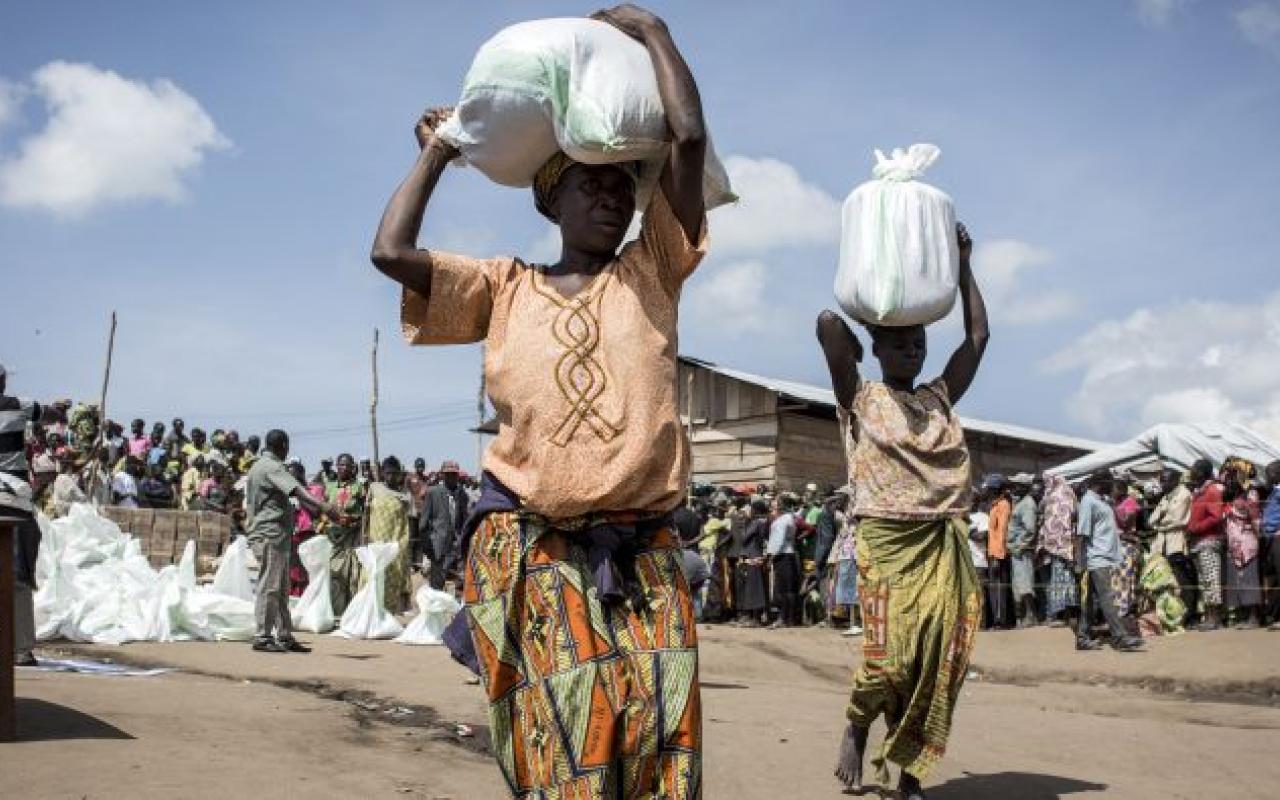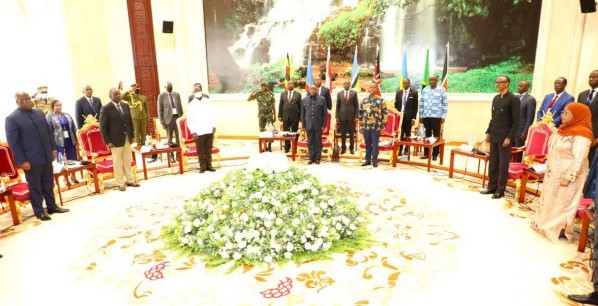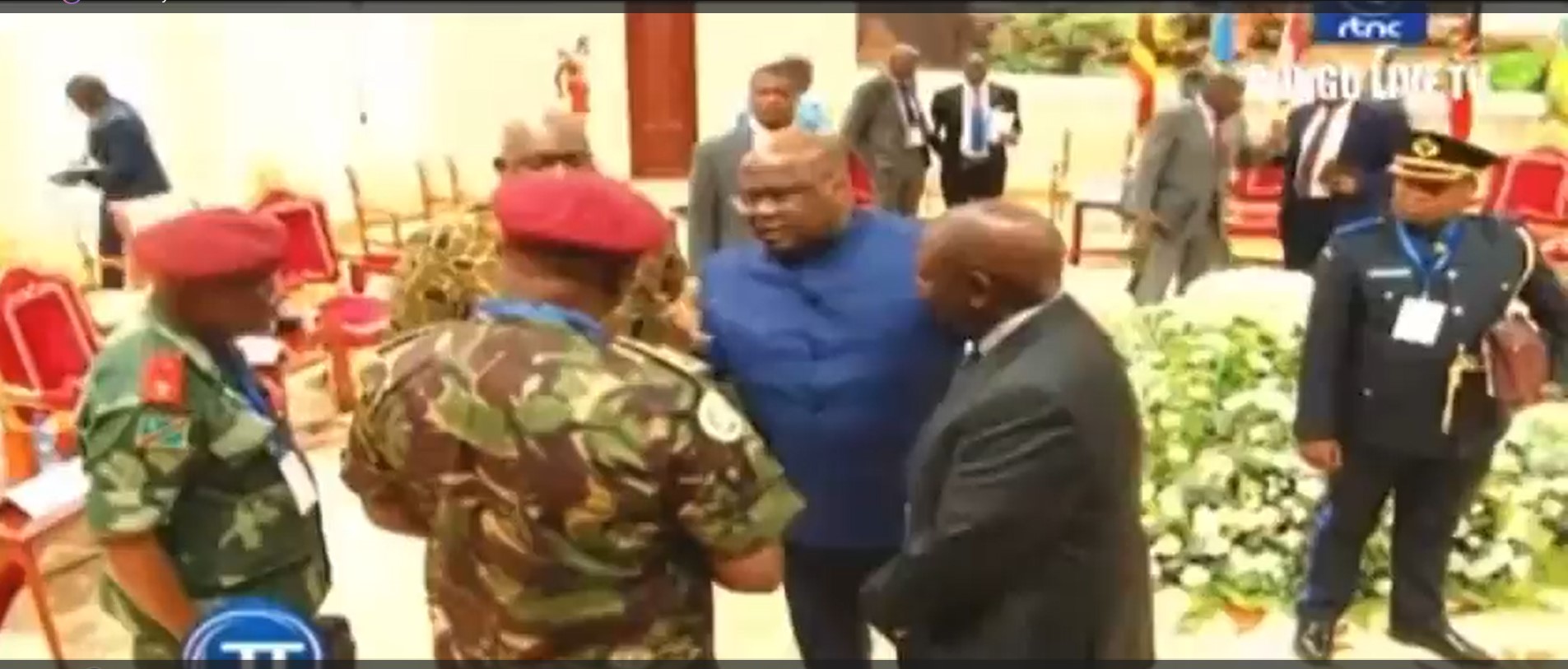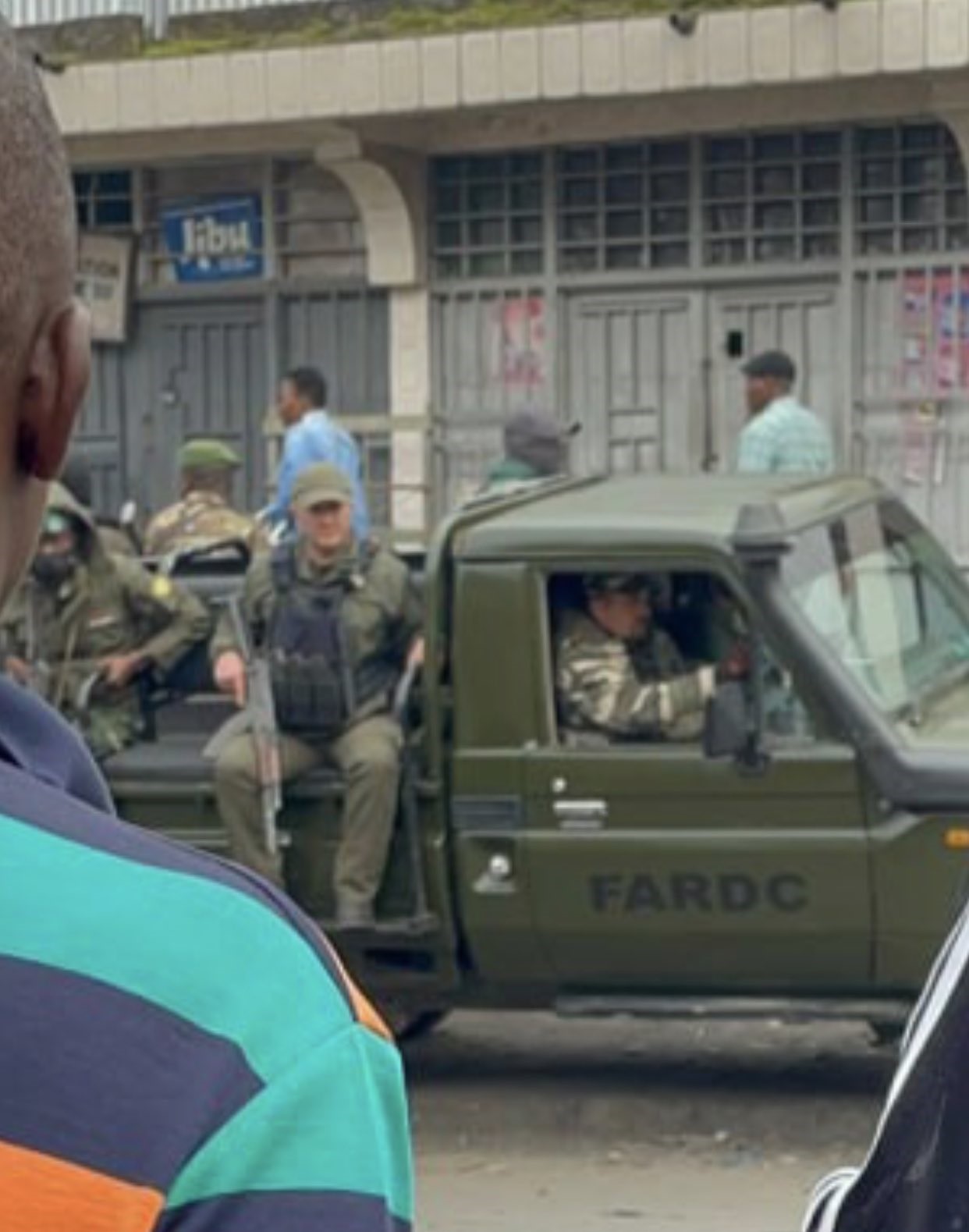Regional
DRC crisis: International community knows but ignores the truth

Since
the resumption of hostilities between the Democratic Republic of Congo government
and the M23 rebels, President Félix Tshisekedi has refused to acknowledge that the
crisis in the eastern part of the country is an internal problem, between the
Congolese people, that needs to be solved politically - not militarily.
Tshisekedi
is instead running up and down telling the world that Rwanda is behind the DRC crisis.
In a
recently released US classified cable on DRC dated October 29, 1965, André J
Navez – who was the US Consul in Bukavu at the time – informed his country with
a detailed account on the killings and discrimination the Rwandophones in North
Kivu were facing. The issues back then are almost similar to the current issues
under Tshisekedi’s rule.
The
difference today, is that the discrimination and killings are escalated by a
genocide ideology exported into eastern DRC by the remnants of former Rwandan
genocidal government’s soldiers and Interahamwe militia who committed the 1994
Genocide against the Tutsi.
The
perpetrators of the genocide against the Tutsi in Rwanda fled and regrouped while
preparing to return to Rwanda and finish their genocidal agenda. They have
changed names several times in the past three decades. Today, they are called
the FDLR.
The US
cable written 58 years ago clearly points out that Rwandophones in the DRC are legitimate
Congolese citizens.
“For
its own political ends, the WaNande-controlled North Kivu Provincial Government
seeks to picture the Banyarwanda [Kinyarwanda-speaking Congolese] as refugees
(which they are not) and not as Congolese citizens (which they are) …. No
attempt has been made by the provincial government to correct or even recognize
the grievances of the Banyarwanda [Kinyarwanda-speaking Congolese]. Instead,
the North Kivu Government claims that there is a vast conspiracy organized by
the ‘Rwandan emigres,” the document reads.
The
above statement sheds light on the current attitude by the Kinshasa government
towards Rwandophones and the reasons that prompted M23 to take up arms.
As
it happened six decades ago, the Congolese government does not recognize Kinyarwanda-speaking
Congolese as legitimate citizens. Their rights are being denied, violence
against them increases day by day, as well as massacring them. The root causes
of the grievances of Congolese Rwandophones remain unresolved.
In
1931, the region had Rwandophone sub-chiefs following the agreement between a Belgian
administrator and the Hunde Mwami (King) which provided that all the sub-chiefs
in the territory occupied by Rwandophones would be of Kinyarwanda-speaking
Congolese. However, like today, the grievances of Rwandophones were not
resolved by the then Governor of North Kivu, Paluku Kyavuyirwe, from the Nande
tribesmen.
His
son, Julien Paluku Kahongya,
who also served as the Governor of North Kivu from 2007 to 2019 followed in his
father’s footsteps.
He did
not listen to Rwandophones’ grievances. He often called them refugees.
Tshisekedi
is now using the anti-Rwanda agenda as an alternative strategy to win the
upcoming December 2023 elections. It mirrors a recurrent anti-Rwandophones
political rhetoric for political mileage practiced by Congolese politicians
since 1965.
Political
suppression of the Rwandophones was witnessed by US cables in the 1965 general
elections, where their candidacy and voting rights were denied.
The US
Consul concluded that if the North Kivu government continued to support the Hunde
in their domination of the Rwandophones, the situation would get worse.
This
shows that the US government understands the genesis of the crisis in eastern
DRC. Belgium which played a key role in destabilizing the great lakes region
during the colonial era knows much more in the same way as the entire European
Union.
However,
they decided to act differently and never speak out on political settlement of
the conflict or condemn Congolese authorities for discriminating and killing
their own citizens.
Why
this behavior? They do not want to antagonize their relationship with the Tshisekedi
administration because they are more interested in the mineral resources
Kinshasa controls.
Official
figures show that by 1960 there were between 210,000 and 280,000 Kinyarwanda-Speaking
Congolese in Masisi territory alone. They outnumbered the Hunde whose population
was estimated between 10,000 and 30.000.
The
long lasting hostilities in North Kivu resulted in the creation of more than
130 armed groups, with Congolese national army cohabitating with them for their
support to fight the M23 in return.







